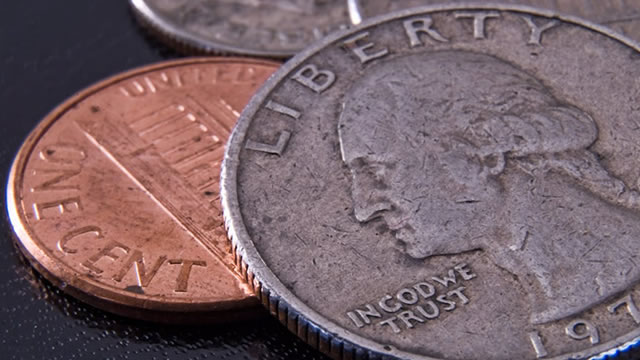Two Car-Related Companies Buck the Trend of Automobile and Auto-Parts Stocks
The automobile and auto-parts industry took a hit on Thursday as investors digested the news of President Donald Trump’s new tariffs. However, amidst the sea of red numbers, two car-related companies stood out with gains.
The Surprising Winners
The first company to defy the trend was Tesla, Inc. (TSLA). Despite the tariffs on imported auto parts from China, Tesla’s shares rose by 3.8% on Thursday. The reason behind this anomaly is Tesla’s unique position in the market. Most of the parts used in Tesla’s vehicles are manufactured in-house or sourced from American suppliers. This makes Tesla less vulnerable to the tariffs’ impact.
A Silver Lining for General Motors
The second company that saw a positive shift was General Motors (GM). Although GM’s shares only managed a slight increase of 0.7%, the company’s fortunes might improve in the long run due to the tariffs. GM is one of the largest auto manufacturers in the US and has a significant presence in China. The tariffs could potentially protect GM’s American operations from foreign competition, thus boosting the company’s profits.
Impact on Consumers
As for the consumers, the tariffs could lead to higher prices for new vehicles. According to the National Automobile Dealers Association, the tariffs could result in an additional cost of $450 per vehicle on average. This could make car ownership less affordable for many Americans, especially those with lower incomes.
Global Consequences
The repercussions of the tariffs extend beyond the US borders. China, the world’s largest car market, has already retaliated with tariffs of its own on US-made vehicles. This could lead to a decrease in exports from the US to China, which could have a ripple effect on the global auto industry. Furthermore, the tariffs could also negatively impact the relationship between the US and China, potentially leading to a trade war.
Conclusion
In conclusion, while most automobile and auto-parts companies suffered losses due to the new tariffs, Tesla and General Motors bucked the trend. Tesla’s resilience can be attributed to its in-house manufacturing and American suppliers, while General Motors could potentially benefit from the tariffs’ protective effect on its US operations. However, the tariffs’ impact on consumers and the global auto industry could be significant and far-reaching.
- Tesla’s unique position in the market shields it from the tariffs’ impact
- General Motors could benefit from the tariffs’ protective effect on US operations
- Higher vehicle prices for consumers due to tariffs
- Potential negative consequences for global auto industry





